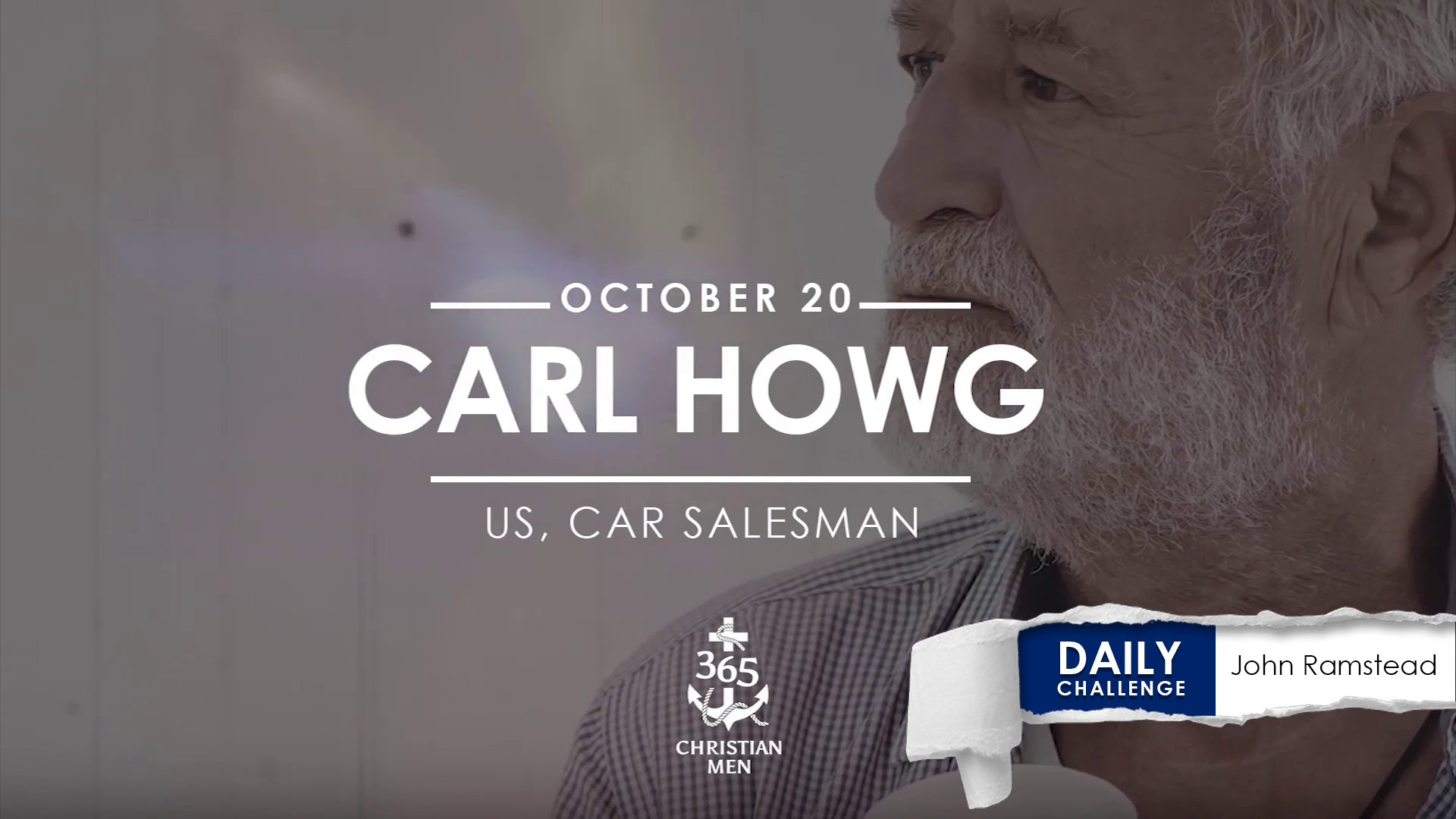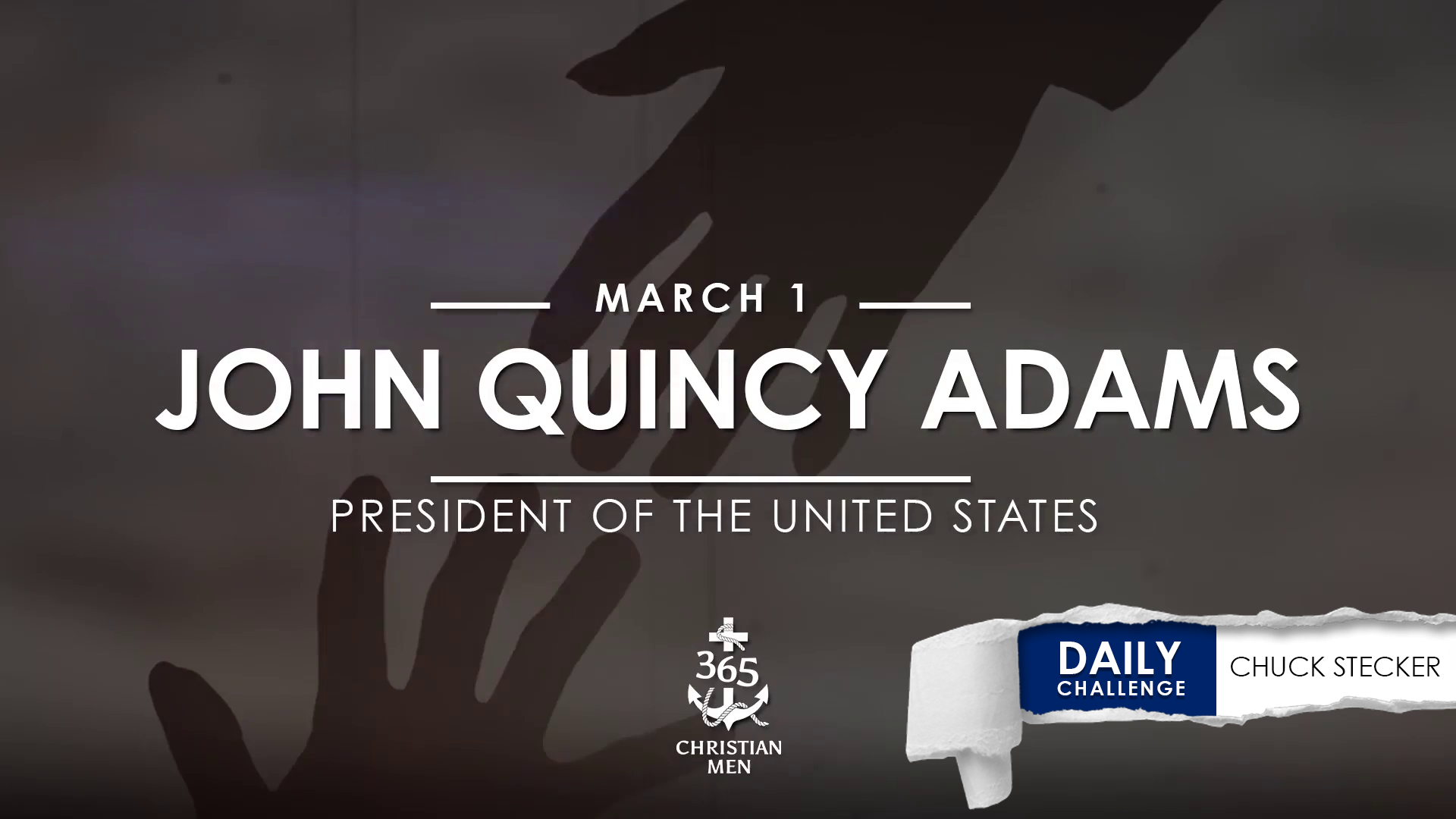October 23. Nate “The Great” Marquardt. Nate is a Mixed Martial Arts champion, and in Colorado, he founded a Martial Arts gym that produces champions.
Among other things, Nate has held multiple MMA titles, including the Strikeforce Welterweight Championship. Nate has black belts in four different martial arts.
He also appeared in the 2011 movie “Warrior.”
About his faith, Nate said, “I learned about a false Christianity that says you can live however you want and call yourself a Christian and be accepted. The true Gospel is the Gospel that changes lives … It changed my life, our family life, changed my wife’s life and my kids’ lives.”
If career prestige defines you, you’ll crash. There’s only room for one God.
Ultimate Fighting Championship (UFC) Fighter Nate scanned the Canadian arena. It was packed—but the numbers were nothing compared to the more than one-million viewers predicted to watch live on-line.
Nate expected to win. Needed to win. The year before, he had earned the Strikeforce World Title. Being a professional fighter brought prestige, and when you win, everybody loves you. But Nate became obsessed with winning. Being the best had become an idol to him.
And he had lost his last fight. To contend for the UFC world title, two losses in a row would be impossible to overcome. Not that he needed to worry. He had never lost two in a row.
Nate touched gloves with his opponent, Ellenberger. The bell dinged.
Nate tuned into his body—his balance, his movement, his skill. Nate was better, faster, and more skilled. Every blow landed like a MiG 25.
But Ellenberger caught Nate with a single punch.
Stunned, Nate fell to his knees. He tried to grab Ellenberger’s knees for a takedown, but Nate couldn’t defend against his opponent’s repeated blows. The ref called the fight.
In shock, Nate took one step, and then another on the walk of UFC shame. Out of the cage. Past the crowd. Out of the arena.
One mistake had cost it all.
Nate went on home. The loss had stripped him of the prestige he craved, and he crashed.
Over the next little time, the IRS called. Sponsors dropped him. His marriage teetered on the cliff of collapse. Nate had believed in God, but now he doubted.
When he tucked his daughter into bed, as usual, he read to her from a Bible-story book and then prayed. But something nagged at him. When she nuzzled into her pillow on the third night, he realized what was bothering him. He was a hypocrite. Was he telling his little girl a bunch of fairytales?
Nate watched his daughter slip into sleep. She was valuable. A miracle. Without a Creator, how could there be this precious child?
Nate realized he did still believe in God. Problem was—Nate was mad at God.
A few days later, Nate and his wife zoned on the couch. The TV blared. Suddenly, inside Nate’s mind, a story unfolded. In chronological order memories surfaced. Things he had never thought about. It was the story of his life, but he wasn’t the narrator.
When it ended, Nate hopped off the couch. “God is real!” He jumped up and down. “God is with me. He’s been with me the whole time!”
But that also meant God had been with Nate through all of it. When anger had ignited his nasty temper. When he had indulged himself in porn. During his indiscretions.
Convicted, he confessed to his wife. She listened—and then she watched. And he knew she was watching—watching to see if he had really changed.
Nate wanted to live the rest of his life for God, but in the past, he had failed, and he was afraid he would fail again. He couldn’t change himself. He prayed, “God, can you just change me?”
The career idolatry, as well as the anger, lust, and materialism disappeared. As a kid, Nate had heard that Christians were born again. But it never made sense. He had thought that when people believed in Jesus, their sins were forgiven. Then when they died, they went to heaven. Until death, life was one long sin-struggle.
But now there was real change. And change didn’t come in struggle, falls, and failures; it came as he stepped into a brand-new identity. The Bible called believers saints, not sinners.
“But thanks be to God that though you were slaves of sin, you became obedient from the heart to that form of teaching to which you were committed, and having been freed from sin, you became slaves of righteousness” (Romans 6:17 NLT).
Now Nate wanted to behave like the person God had intended him to be. As Nate focused on his new identity, his need for prestige fell away.
Nate’s career no longer fed him. He still fought to win, but now it was God’s praise he most desired.
In your life, does career success—or failure—dethrone God? If career prestige defines you, you’ll crash. There’s only room for one God.
Based on an interview with Nate Marquardt, October 31, 2019.
Story read by: Nathan Walker
Introduction read by: Daniel Carpenter
Audio production: Joel Carpenter
Story written by: John Mandeville, https://www.johnmandeville.com/
Editor: Teresa Crumpton, https://authorspark.org/
Project manager: Blake Mattocks
© 2020, 365 Christian Men, LLC. All rights reserved.














